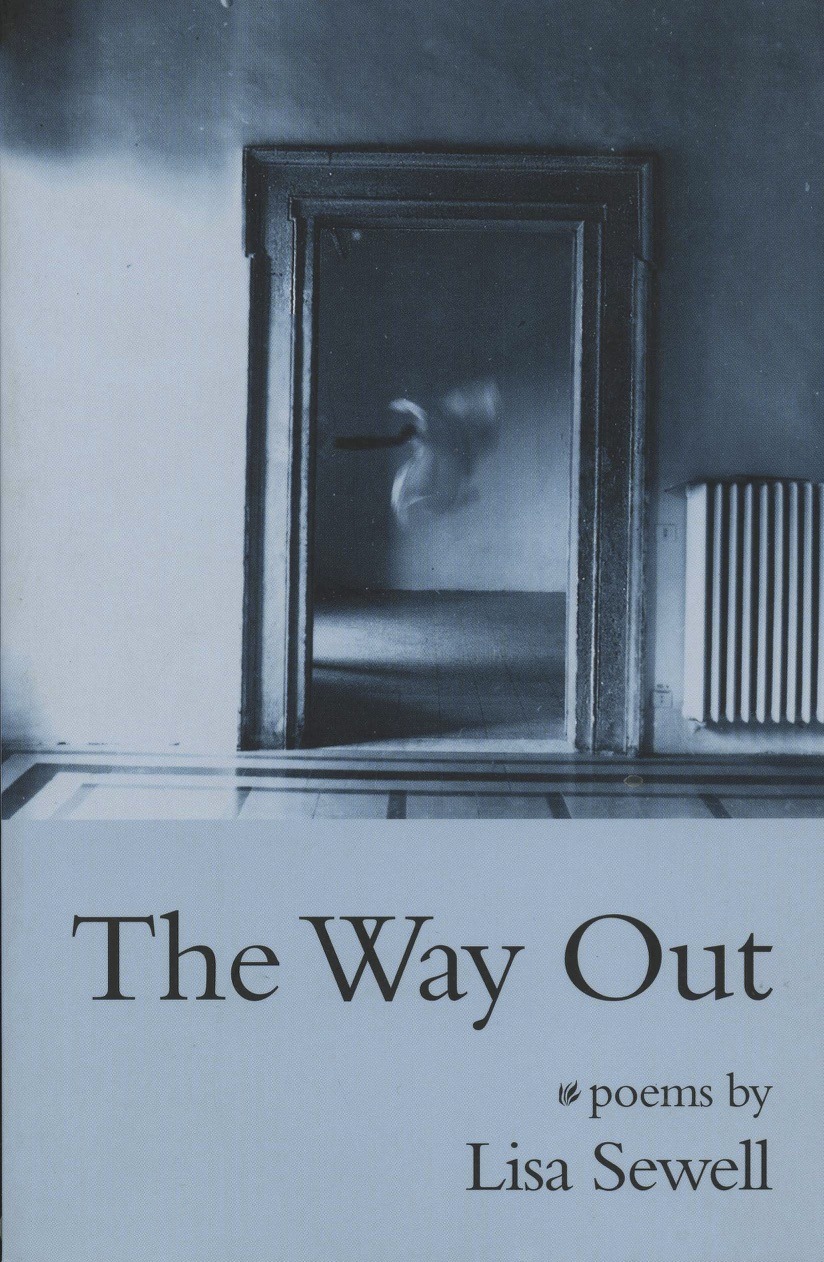
The Way Out
Ornithology
What if heaven is this day, slightly humid,
or the indigo bunting outside my window,
distractedly pecking among the grasses for seed.
Like anyone I have my superstitions, am subject
to a god of punishment and wrath, and I would like
to be visited by the Holy Ghost if it meant
I’d learn to love my suffering. But the world is good
and continually itself. Hungry, parched,
on a path that cuts through towns and villages
leaving carnage in its wake, it never thinks
of the observer. And that fingerprint of color
at the heart of those bushes
is not the bluebird of good fortune, no matter what
the field guide says and even the cardinal,
for all its brazenness, now seems commonplace.
All the same, it never fails to capture
my attention, and every afternoon I wait for indigo
to appear like a blue coal among the branches,
bringing me out of my chair to stand at the window
with my mouth open, holding my breath.
Also available from:
The Way Out dares to enter the many underworlds of human existence: that of Persephone, that of Dante, and that of contemporary life. At once dark and affirmative, the poems move from personal observation to personal disclosure, never averting their gaze from the face they are seeing.
Lisa Sewell is the unusual poet who uses the confessional mode in the service of reflecting fully, and with fidelity, the moment in which we now find ourselves. Her bodies, faces, temperaments, resemble our own, and these poems are a record of what it means to be human and American in the last years of the 20th Century.
Praise for The Way Out
“There’s a terrible purity to the desolation from which many of these poems emerge. They emerge with unlacquered finality. Their gaze is pitiless. Cumulatively, Sewell’s poems possess great weight and power. In this ferocious book you will find the consolation of something seen deeply, the consolations of art.”
– Frank Bidart
“Lisa Sewell’s poetry brings to mind Keats’ phrase, ‘thinking through the heart.’ More than any young poet writing today, her work frames an urgency shot through with history as she builds a model of consciousness, original, strange. These poems enact a lyric muscle that explodes narrative, throws it wonderfully off track into new regions of feeling, thought, experience.”
– Deborah Digges
“‘We are hopelessly enclosed by the measure of our skins,‘ Lisa Sewell writes. The argument at the heart of this book is whether the body is a source of hopelessness or of hope. ‘I put my faith in the physical,‘ Sewell tells us, but she understands how belief necessitates doubt, only existing beside it. Focused and accomplished, this fine collection is a fierce and engaging quarrel with the fact of flesh.“
– Mark Doty
In The Way Out, Sewell is flirting with the great path, the one that will do justice to her unusually penetrating eye. This is a first book that‘s worth reading.
– Ploughshares
“In her collection, The Way Out, Lisa Sewell grapples with metaphorical and literal hungers with a magnetic density. Frank Bidart writes that Sewell offers a ‘terrible purity‘ fashioned out of the ‘desolation‘ her poems work through, poems with ‘great weight and power.‘ I concur. We encounter an intelligent, elegant, darkly honest poet who feeds our eyes, ears, mind, and heart.“
– Colorado Review
“Sewell searches for what lies beneath her own humanity: her capacity for violence and love; what one‘s ‘nature‘ determines about oneself; and how the mind and spirit can exist willingly with the ‘knowledge that we are hopelessly enclosed / by the measure of our skins.‘. . . Sewell‘s debut collection, is a very fine read.“
– Quarterly West

